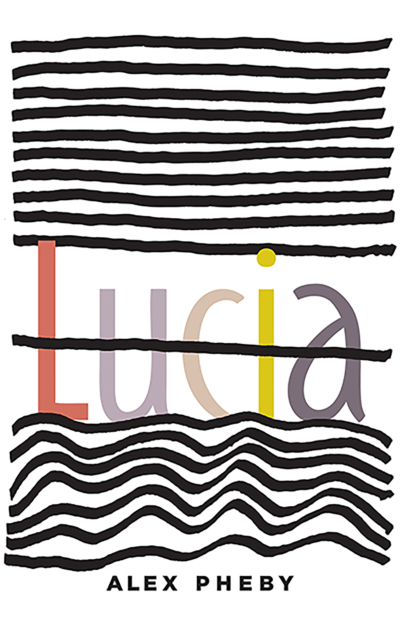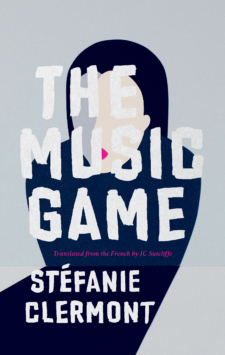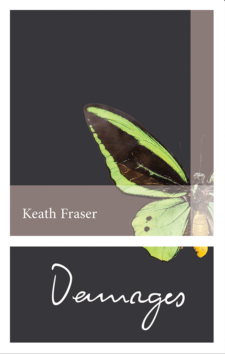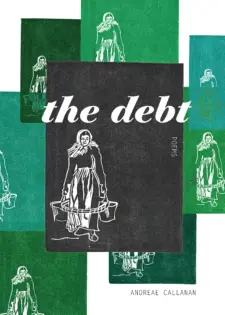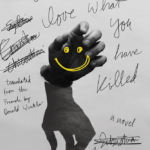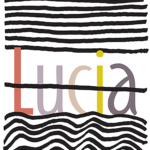Description
A GLOBE & MAIL RECOMMENDED SUMMER 2021 READ
“A writer possessed of unusual indeed, extraordinary powers… Read [Lucia] with your eyes wide open.”—The Guardian
She is about thirty-three, speaks French fluently. . .[she] is gay, sweet and ironic, but she has bursts of anger over nothing when she is confined to a straightjacket, writes James Joyce in one of the few surviving documents concerning his daughter. A gifted dancer, Beckett’s lover, an aspiring writer—what little we know about Lucia Joyce effectively ends with a diagnosis of schizophrenia and subsequent hospitalization: after her death, her nephew Stephen, executor of the Joyce estate, burned her letters and medical records, erasing her not only from her father’s legacy, but from her own existence in the world as well.
To tell the story of a life redacted, Alex Pheby assumes not Lucia Joyce’s lost voice, but the perspectives of the men around her, layering a series of narratives about those on the edges of her life to create a portrait of the lost woman in silhouette. As much a critique of male violence and the long history of misogyny in women’s health, an in-absentia illustration of the fate of inconvenient women as the story of a single life, Lucia is an ethical and empathetic creative act and a moving in memoriam to a woman whose experiences we can only imagine.
Praise for Lucia
“An air of mystery has always clung to Lucia Joyce—daughter of writer James, dancer and lover of, among others, Samuel Beckett and Alexander Calder … In an original, bravura turn, British novelist Alex Pheby tells Lucia’s story from the perspective of the various men around her (spoiler alert: none come off well).”—Globe & Mail
“Madness, toy soldiers and tapeworms. Alex Pheby is not only a whizz at finding the tortured connections that underpin the Twentieth Century, its wars and its art, but his compassion for Lucia Joyce has an extraordinary effect: it speaks up for girls and women everywhere. Bravo.”—Lucy Ellmann, author of Ducks, Newburyport
“This novel is full of the world’s richness, and wittily, sympathetically describes our falls in trying to grasp it. It deals not just in emotional terms, but in what is really here, what we actually have to work with during our lives. Pheby achieves this not by stuffing the book full of things, but in doing quite the opposite: he takes a small number of carefully chosen objects—you might call them fetishes—and constructs a universe every bit as frightening as the real thing.”—The Herald Scotland
“Intensely moving… luminously delicate… [Lucia is] an ambitious and daring investigation of consciousness, agency, selfhood, mental disorder, medical callousness and misogyny.”—TLS
“An emotionally powerful and constantly questioning novel … [Pheby] sets the standard for fictional biography.”—Irish Times
“Pheby is a writer possessed of unusual—indeed, extraordinary—powers. His Lucia is a fully accomplished account of a troubled and troubling life. Most importantly, he does not spare himself from the accusations of appropriation and exploitation that are levelled throughout the book towards others.”—The Guardian
“Guiding us through the mystery is Pheby’s precise writing, that carefully handles the historical material while also drawing on elements of horror and fairy tales … Lucia makes a new reading of the Joycean lore possible. In that sense Pheby’s novel is part of a larger cultural corrective on Lucia’s behalf.”—Full Stop

